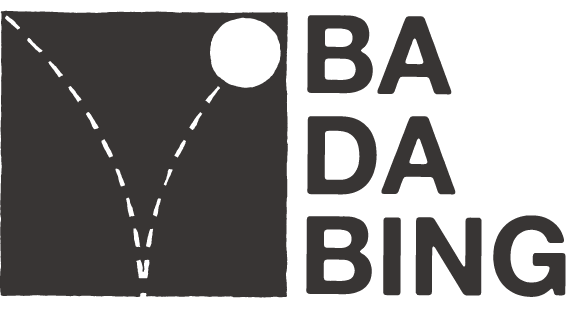TINY VIPERS
Since the release of her sophomore album Life on Earth, Seattle-based musician Jesy Fortino (Tiny Vipers) has become a civil engineer. While studying at University of Washington to pursue a wholly new life direction, she wrote and recorded Laughter.
Although Laughter seems like a deviation from the singer-songwriter albums Fortino released on Sub Pop, it can be seen as a continuation of early works such as Empire Prism, and later instrumental works like her 2015 contribution to the ‘Ambience’ series (Box Bedroom Rebels) and collaborations with Rafael Anton Irisarri and Liz Harris (Grouper).
Though Hands Across the Void and Life on Earth are collections of songs, just underneath their facade simmers a raw emotional expression that goes beyond words. Laughter is the result of experiments deconstructing pop tropes. Fortino takes inspiration from early electronic pioneers like Florian Fricke of Popol Vuh, as well as the raw experimentation of 80’s proto-industrial tape culture. Additionally, she carries the seemingly disparate influences of Slava Tsukerman’s Liquid Sky soundtrack and Meredith Monk’s exercise in turning the human voice into a spectral instrument.
The record presents a spectrum of emotions that accompanied Fortino's engineering studies. Opener “Boarding Charon's Boat” is full of wonder and curiosity. There is also uncertainty, frustration, and despair, like the lyrics in “K.I.S.S (Keep It Simple Stupid):” “You think you won't let this world harm you / you think you won't let anyone down / you’ve listed away your own heart.”
In between these extremes there is a soundscape of patience, hope, discovery, and adventure. The apprehension that comes along with trying something new and challenging is captured in the fragile structure of the compositions, which threaten to fall apart almost as soon as they come together.

